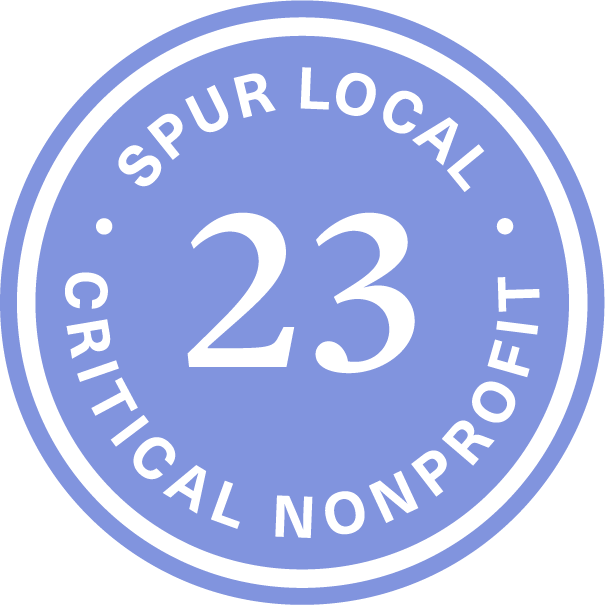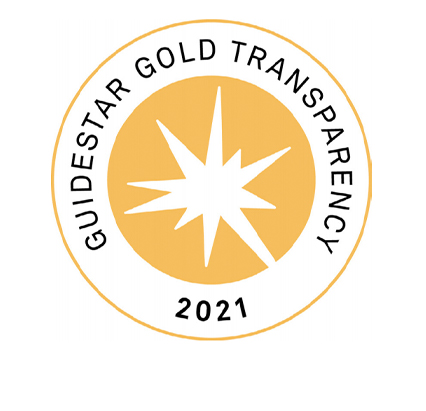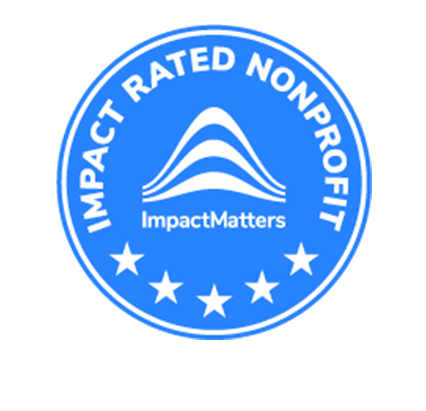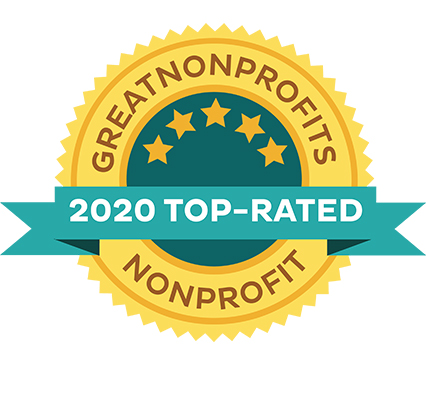Kylie Musolf is a graduating senior at American University, earning a Bachelors of Arts in Philosophy and Women’s, Gender, and Sexuality Studies. She has been the development intern since January 2014. We asked her a few questions to showcase both how amazing she is and the impact she’s made at DASH.
Why did you choose to do your internship at DASH?: “I was drawn to DASH because of the voluntary service model and the innovation in housing support. I recognized that DASH was an organization that paid careful attention to the different ways that domestic and sexual violence affects the lives of individuals and families, and really appreciate the multiplicity of angles that DASH takes to support survivors.”
What social justice issue are you most passionate about?: “I don’t know if this counts as social justice, but I’m deeply passionate about trauma informed care. I think a crucial part of any well-functioning community is to be able to engage in productive support for trauma survivors. This is another huge component of why I was so drawn to DASH!”
What has been your favorite moment while working at DASH?: “My favorite moment working at DASH was when, at a staff training day, all of the staff were asked to introduce themselves and present a fun fact. Normally when a group is asked for a fun fact they come up with answers like “I like soccer” or “I have a dog” but DASH staff has some ridiculous and hilarious fun facts. I just knew in that moment that I was very lucky to be part of this group.”
What are your plans for the future?: “I am moving back home to Michigan for the summer after my internship with DASH ends for a job with the Council of Michigan Foundations. Next is hopefully a doctoral program in philosophy!”
What is your spirit animal?: “My spirit animal is Lil Bub. A very official Buzzfeed quiz has confirmed this.”
“Kylie’s passion and readiness to take on any task contribute to her many skills. She is dynamic and has been a true ambassador to the DASH mission. It’s been a pleasure to work with Kylie!”
“It has been really great getting to know Kylie these past months, she is extremely motivated and strives to do the BEST for DASH at all times. She will be missed.”





